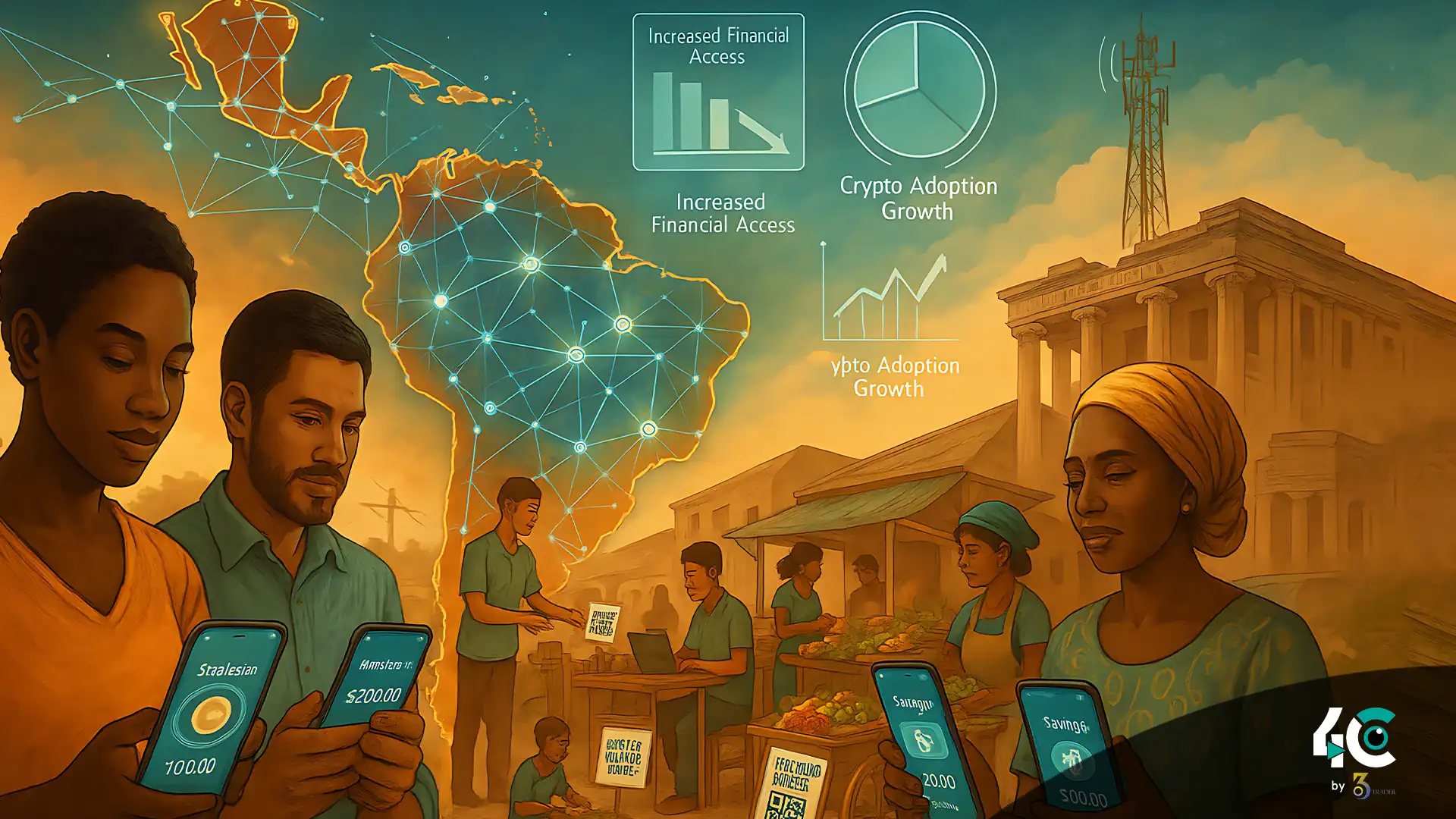While Western investors debate ETFs and regulatory frameworks, the real power of cryptocurrency is unfolding in places like Lagos, Buenos Aires, and Nairobi. In these regions, crypto isn’t a hype cycle—it’s a financial lifeline.
Financial Chaos Sparks Innovation
Traditional banking systems in high-inflation countries have long failed to serve everyday people. Faced with currency devaluation and unreliable banking infrastructure, citizens are turning to crypto to protect their earnings and transact more freely. This grassroots adoption is changing what finance looks like in parts of Africa and Latin America.
Stablecoins Make Remittances Faster and Cheaper
Cross-border payments are often expensive and delayed, especially in underserved regions. Stablecoins like USDT and USDC are helping families bypass outdated remittance channels. With apps like Bitnob and Yellow Card, users can send money instantly—often at a fraction of the cost of legacy systems.
Getting Paid in Crypto Is the New Normal
In economies plagued by hyperinflation, some workers now choose to be paid in crypto to protect the value of their income. Whether it’s Bitcoin or stablecoins, blockchain offers a safer store of value than unstable local currencies. In countries like Venezuela or Zimbabwe, crypto payrolls are becoming a practical necessity.
Mobile DeFi: Banking for the Unbanked
With high smartphone penetration and low access to banks, mobile-first crypto platforms are filling the gap. Apps like Celo and Paxful offer basic banking tools—like saving, borrowing, and transferring—without requiring a traditional bank account. Designed for low-cost devices, these apps are democratizing finance in a way that’s never been done before.
Why the West Is Missing the Point
While U.S. and EU regulators fixate on ETF approvals and legal debates, the real utility of crypto is playing out elsewhere. These emerging markets show that crypto isn’t just an investment vehicle—it’s a vital tool for financial inclusion. It proves that when driven by necessity, adoption is not only rapid but deeply transformative.
Conclusion
Crypto’s future won’t be decided in Wall Street boardrooms but in markets where it matters most. For millions in Africa and Latin America, digital assets are about stability, access, and survival. If crypto succeeds in these regions, it could change the financial world from the ground up.



























